By: Lindsey Young
It had never been done before.
When it comes to the annual NFL MVP, the rules are unspoken but reliable.
"If you're not a quarterback, you don't win," Hall of Fame defensive tackle Alan Page recently said. "Occasionally you can be a running back, but if you're not a quarterback, you don't win."
Except in January 1972, Page did.
The NFL bucked the trend entirely that year, naming Page the league's Most Valuable Player for his performance throughout the 1971 season.
Page became the first-ever defensive player to earn the recognition. Since then, only one other – linebacker Lawrence Taylor in 1986 – has been named MVP.
Minnesota broadcasting legend Mark Rosen's career had barely begun to bud at that time, as he worked as an intern at WCCO. Decades have passed, but he remembers clearly the phenomenon that was Page on game day – and the specialness of that 1971 campaign.
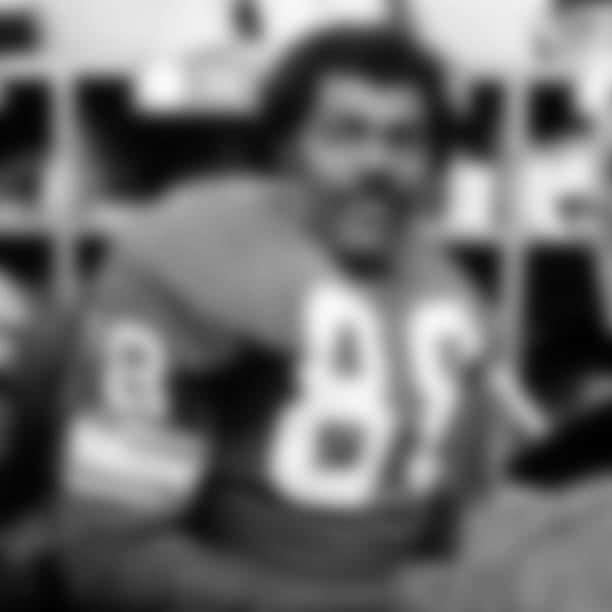
Rosen reminded that media coverage 50 years ago starkly differed from the 24-7 news cycle and social media frenzy we've become so accustomed to.
"We didn't have ESPN, the internet or anything. So you'd watch NFL Today, whatever it might be – Monday Night Football had just started the year before – so there wasn't a lot of national exposure with Alan," Rosen said. "That's the thing – the Vikings had, obviously, a very good football team … but I don't recall people whispering, 'Alan Page is an MVP candidate,' because it just doesn't happen.
"He would be named Defensive Player of the Year – that was going to be the case. Not MVP," added Rosen. "That was like, 'Wow.' "
'He deserved all that credit'
The selection was unprecedented. It, however, remains undisputed.
"I don't think anybody questioned it," former Lions quarterback Greg Landry told Vikings.com recently. "He had a great year, and he was very instrumental in a lot of victories that Minnesota had."
A member of the Lions from 1968-78, Landry certainly knew firsthand the havoc Page wreaked on opposing quarterbacks. The QB played against the Vikings 13 times over his time in Detroit, with 12 of those occurring against Page.
"He put a lot of pressure on quarterbacks," Landry said. "When he won the award, I don't think anybody was saying, 'Oh, no, that's a defensive lineman. He didn't deserve it.' No, he deserved all that credit for that season."
Page started all 14 games he played for Minnesota in 1971, helping the Vikings defense allow the fewest total points in the NFL for the third straight season. He totaled 109 tackles, 9.0 sacks and three fumble recoveries, and he added two safeties – including one against Detroit in December, when he blocked a punt through the end zone.
Following the 1971 campaign, he received his fourth consecutive Pro Bowl nod and was named First-Team All-Pro by The Associated Press for the second straight season. He was named NFL Defensive Player of the Year and then, of course, MVP.
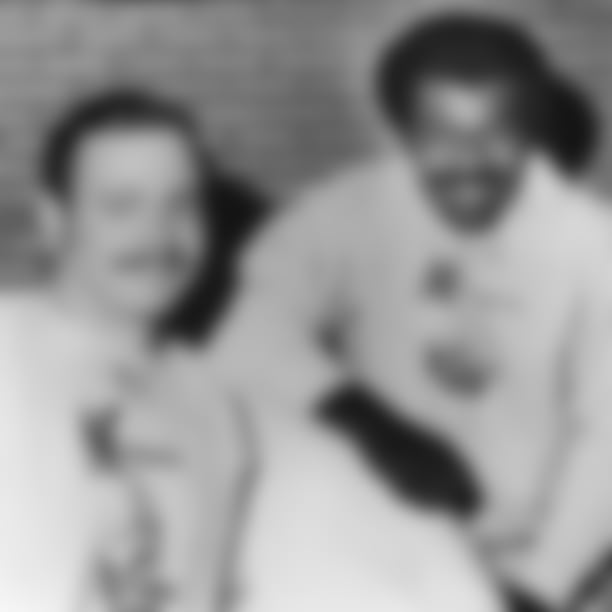
"My recollection is that it was totally unexpected and, quite frankly, still hard to believe today that I was given that recognition," Page recently told Vikings.com.
"You go out and you play, at least for me, you work to be the best that you can be every game, every year, every week, every down. And at some point, you perform to try to perfect your craft, if you will," Page added. "So you don't spend a lot of time thinking about how it will be recognized. You kind of leave that to others. Whether they do or don't recognize it, at some level, doesn't matter."
That season, though, it was impossible to deny Page's play warranting the award.
Page received 16 votes from a panel of 60 sportswriters and broadcasters in every league city. The next-closest were Chiefs running back Otis Taylor and Cowboys quarterback Roger Staubach, who received 10 apiece. Dolphins quarterback Bob Griese garnered nine, and Washington quarterback Bill Kiler had four. No other player received more than two votes for the honor.
View photos of Vikings legend and Pro Football Hall of Famer Alan Page.


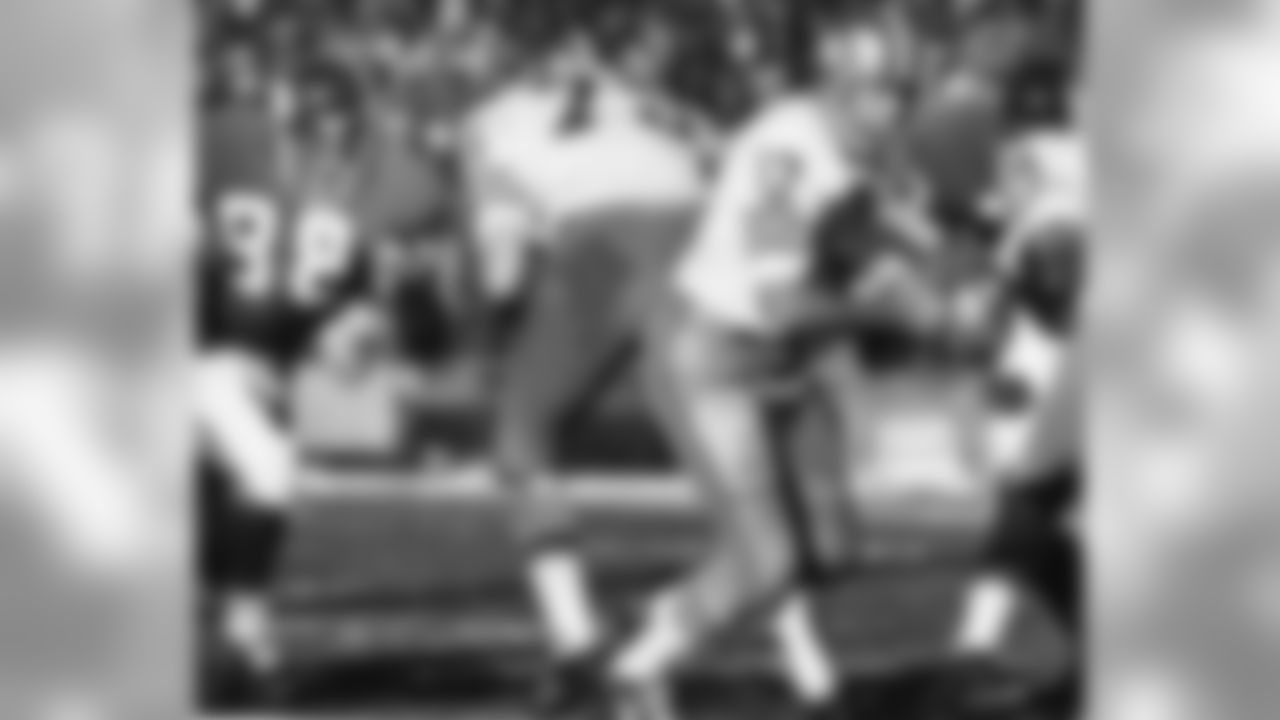








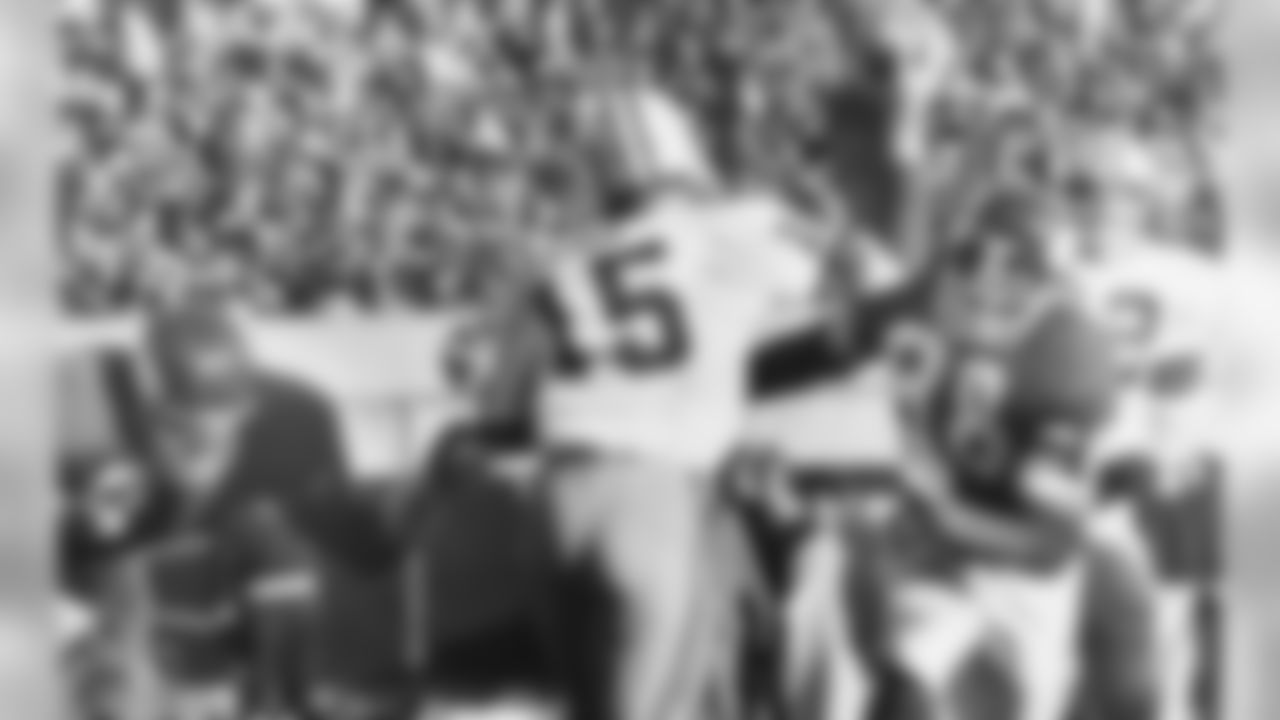



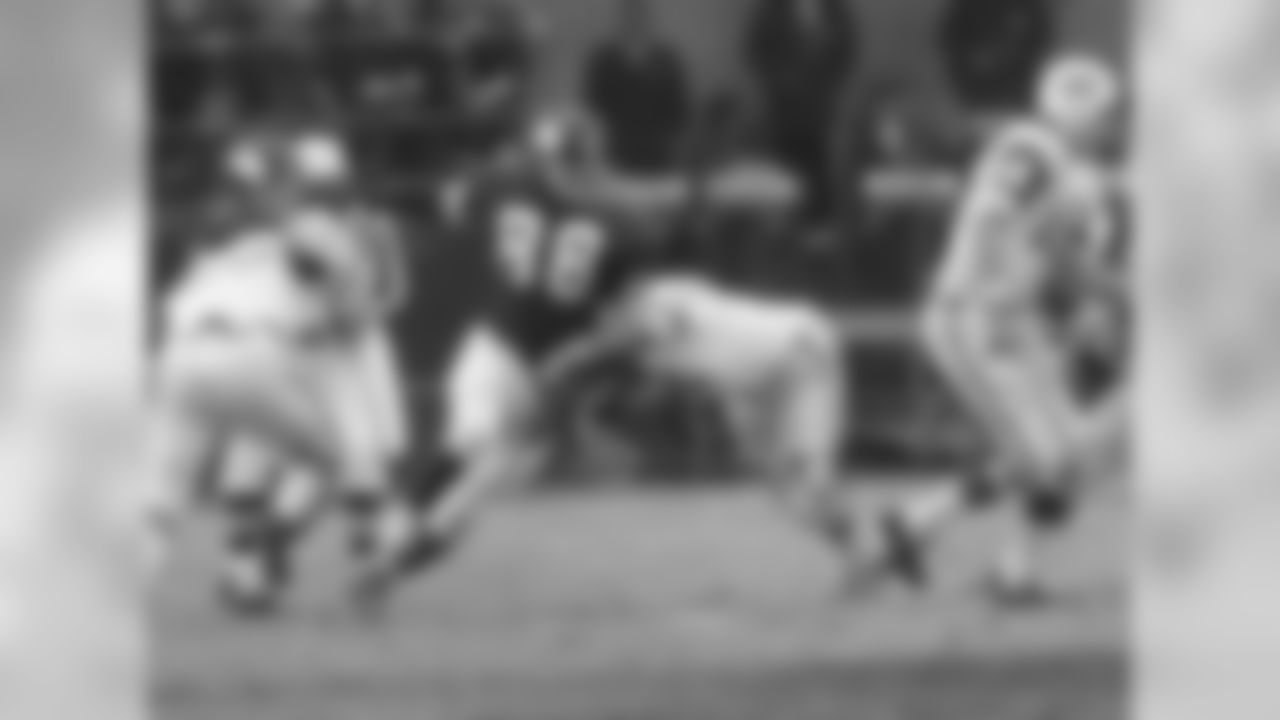

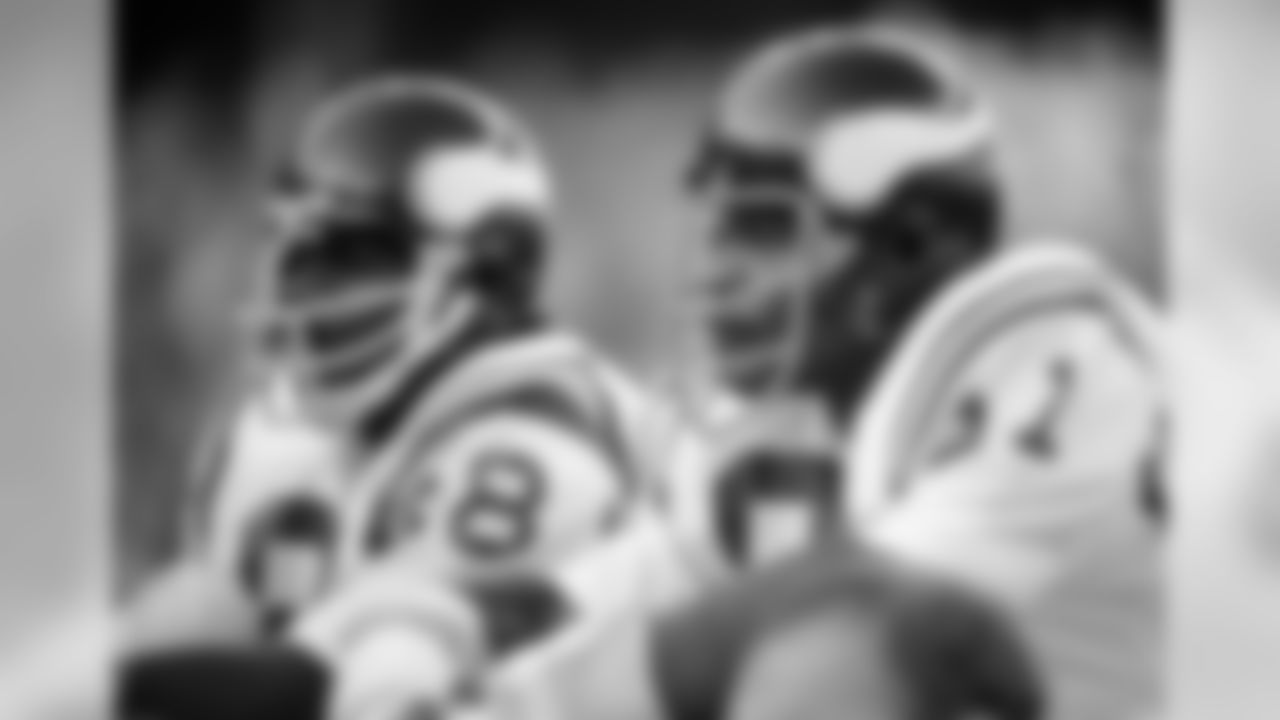
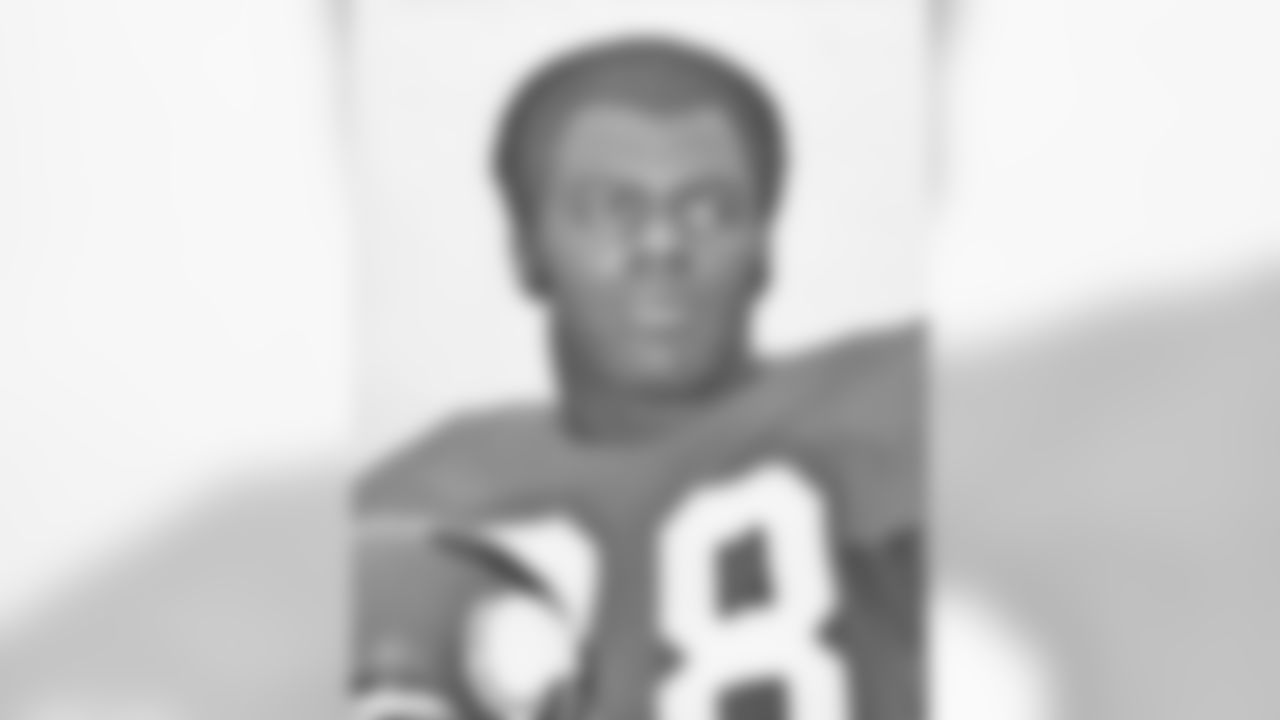

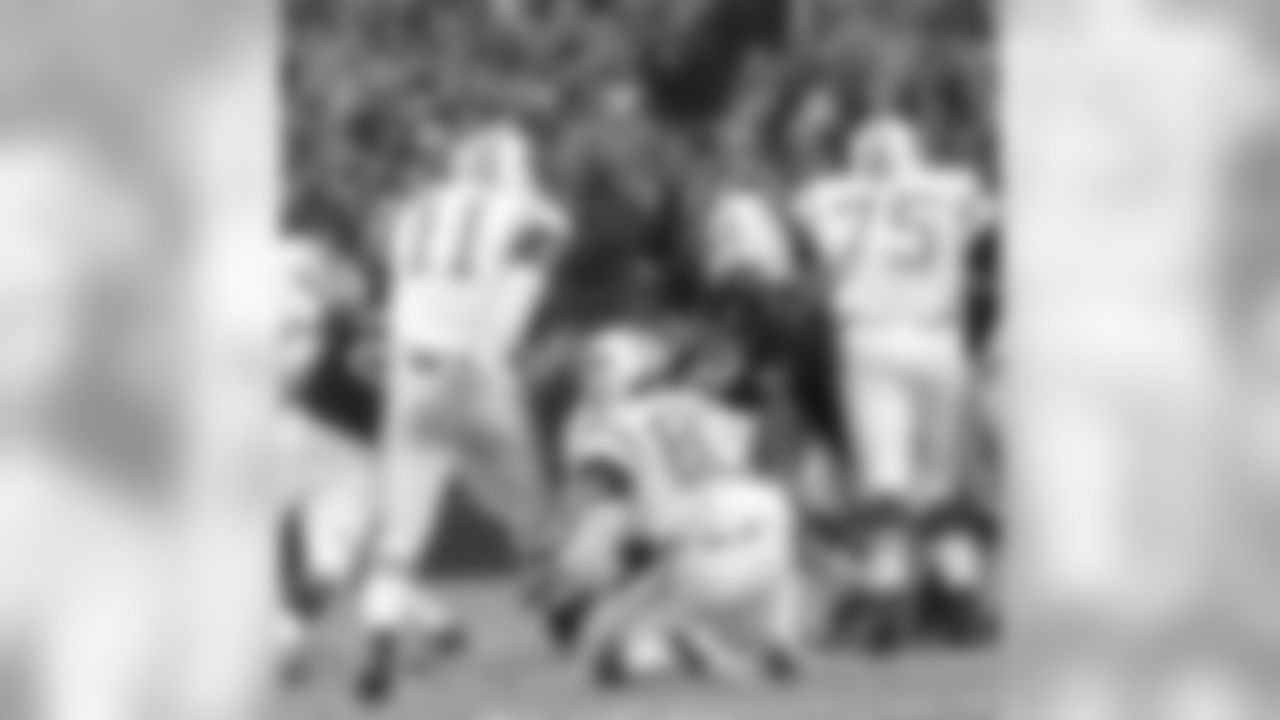



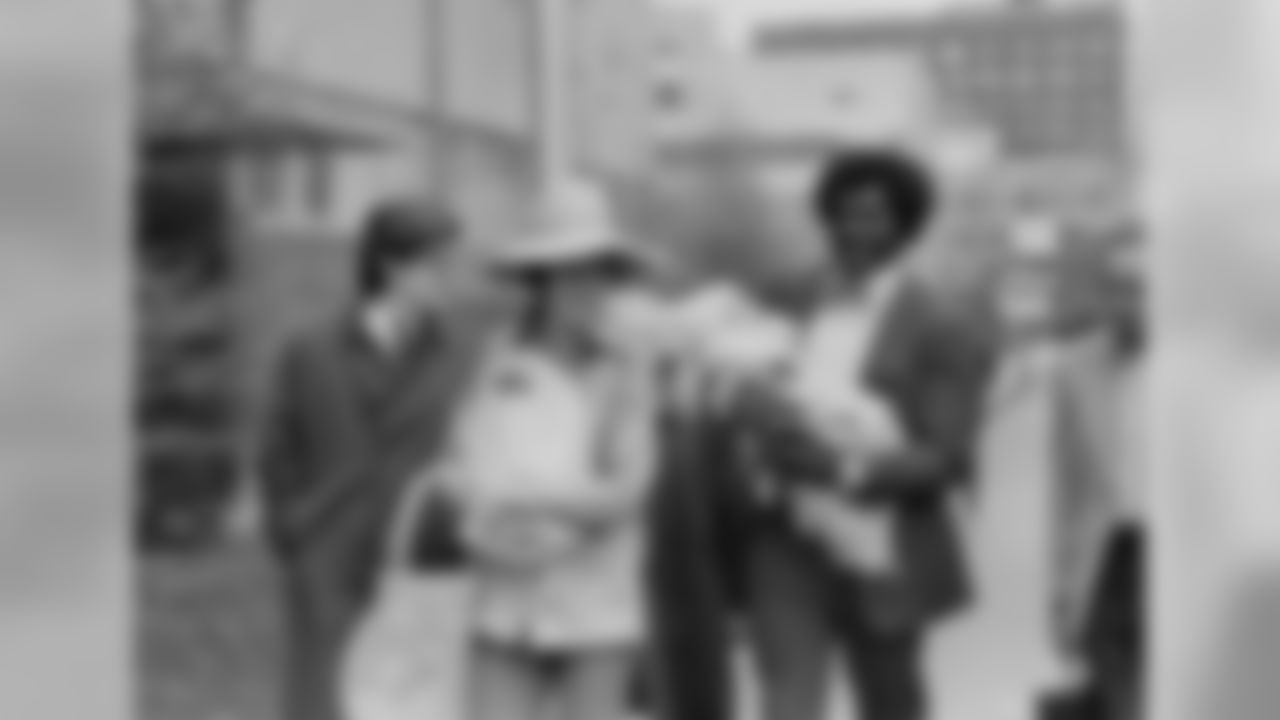
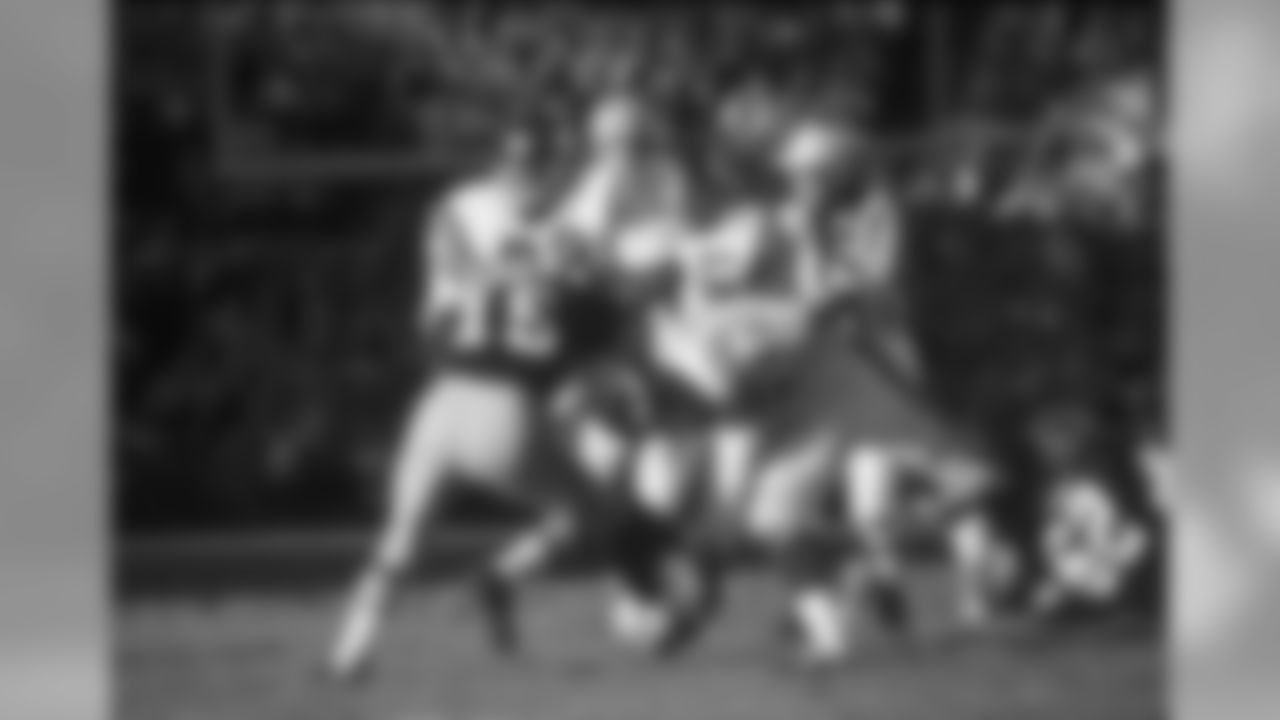




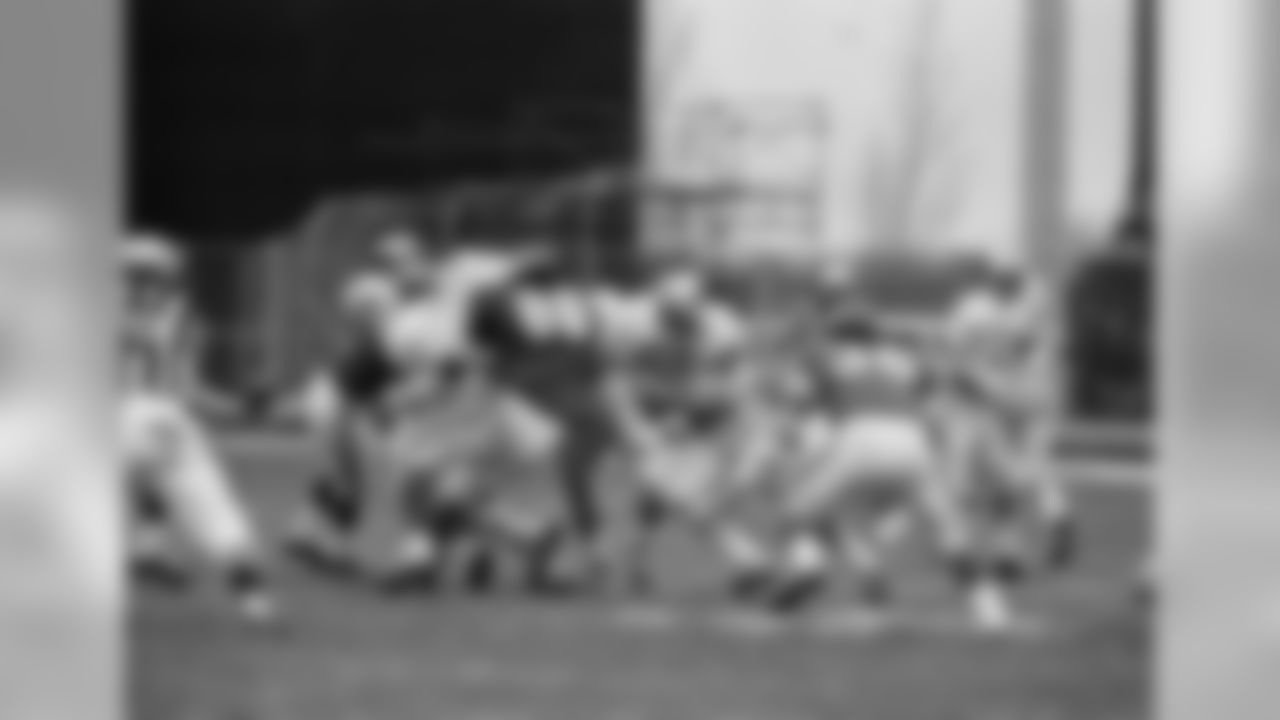


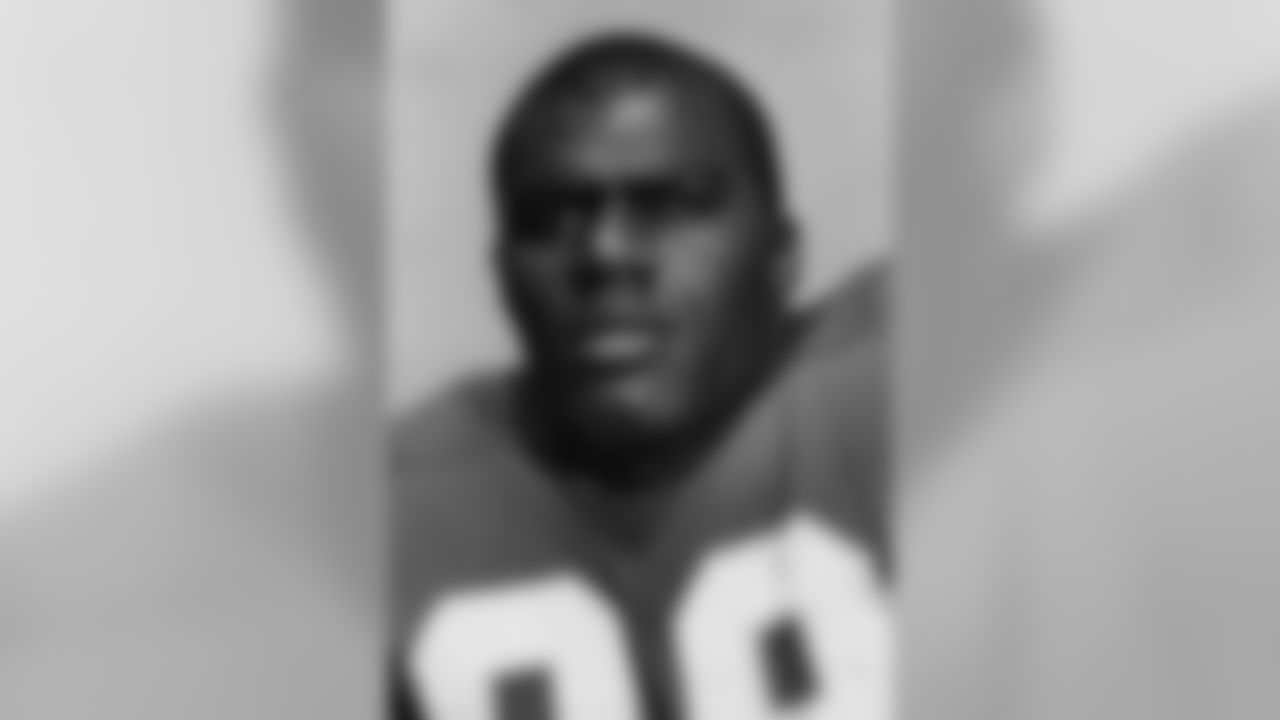

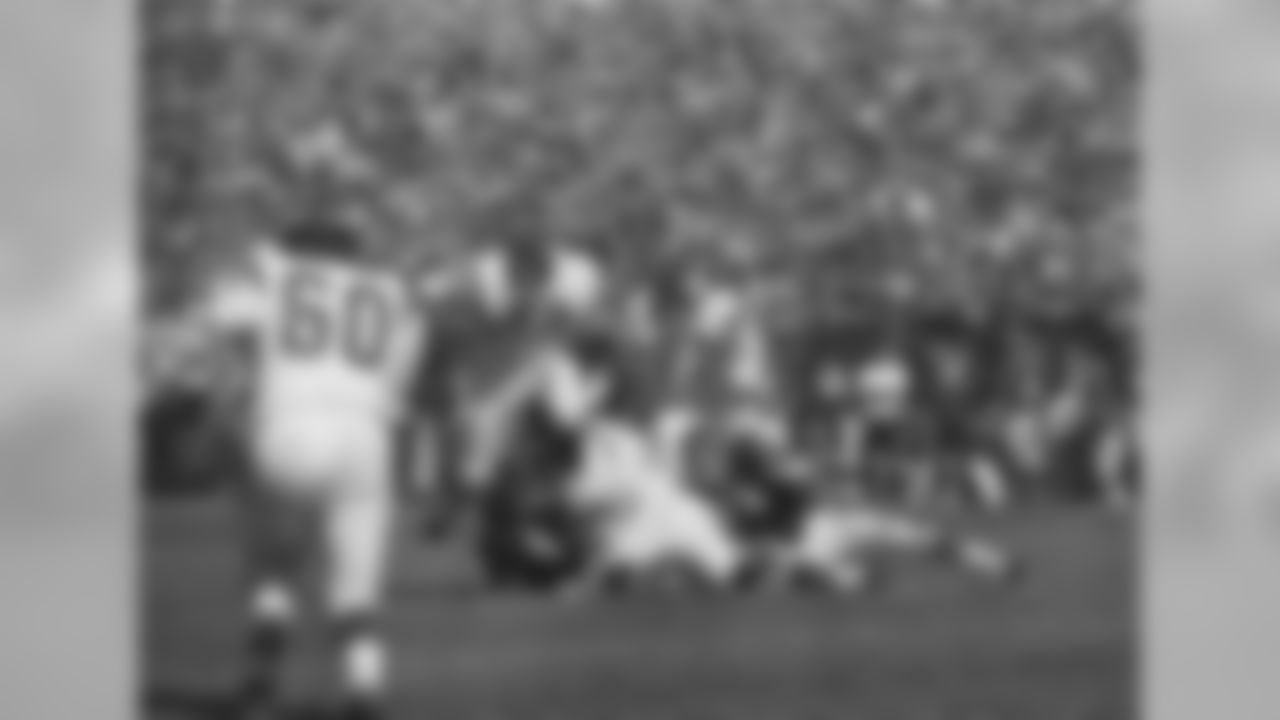






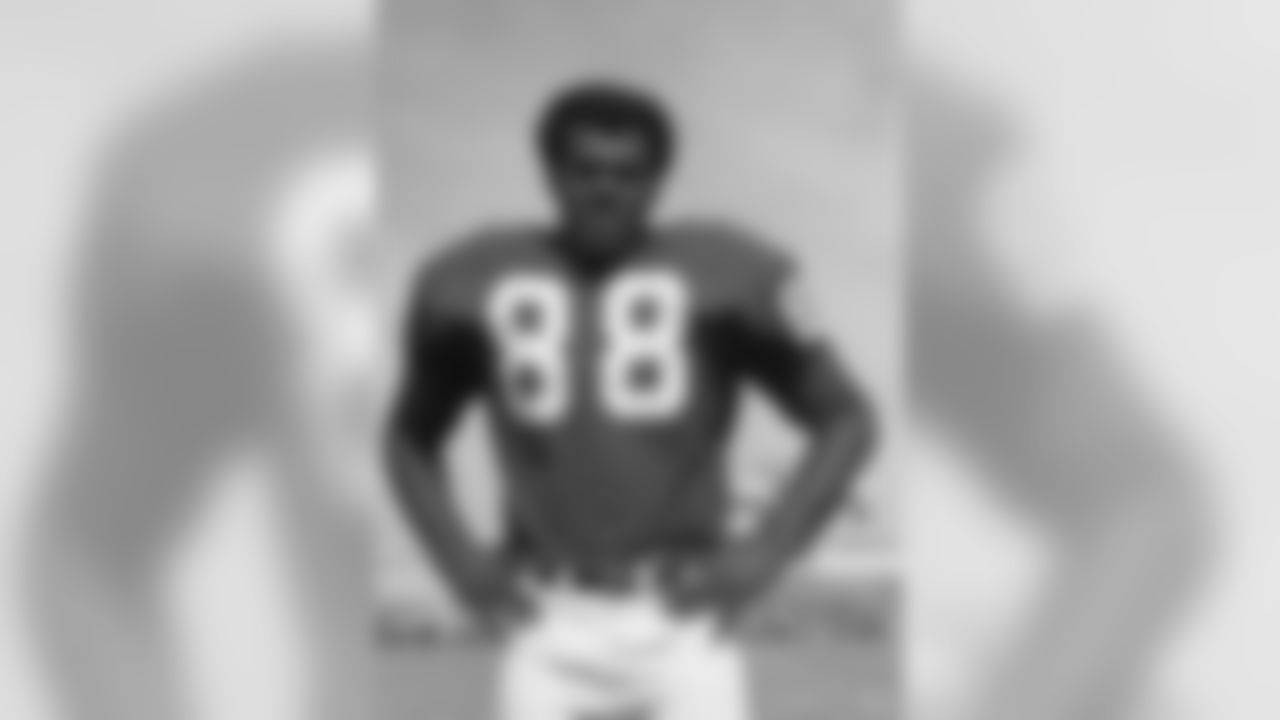


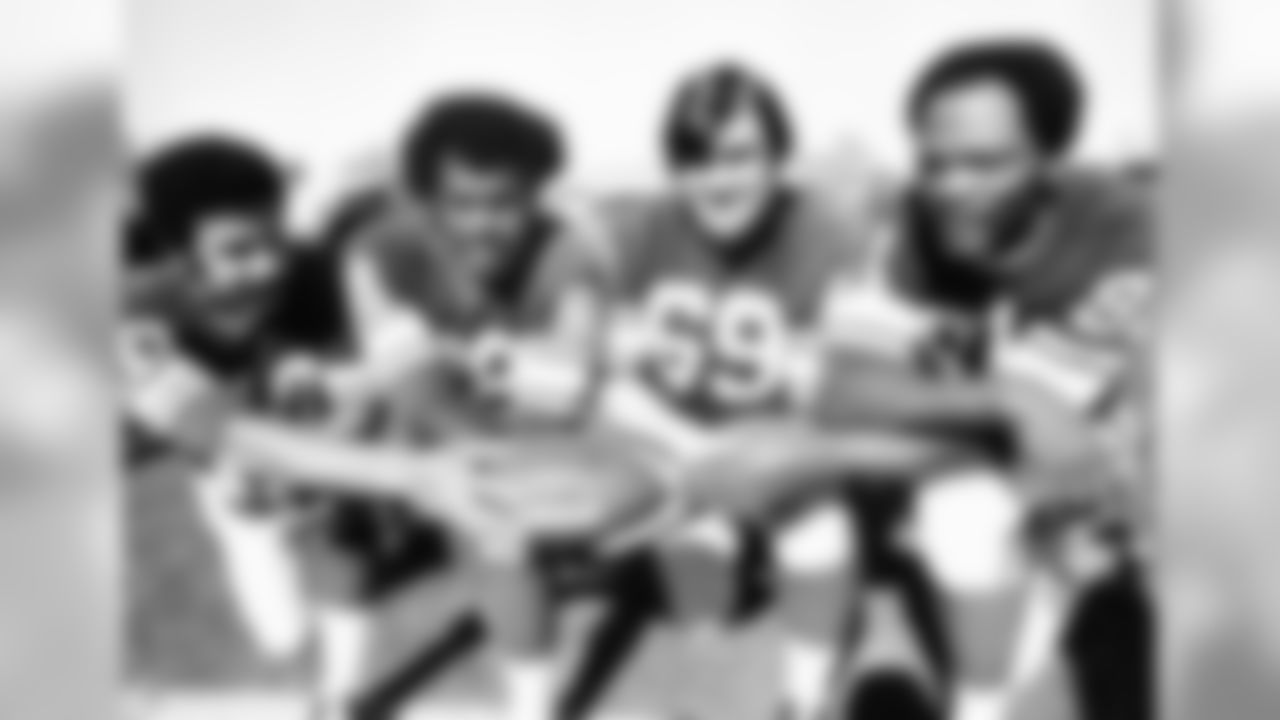
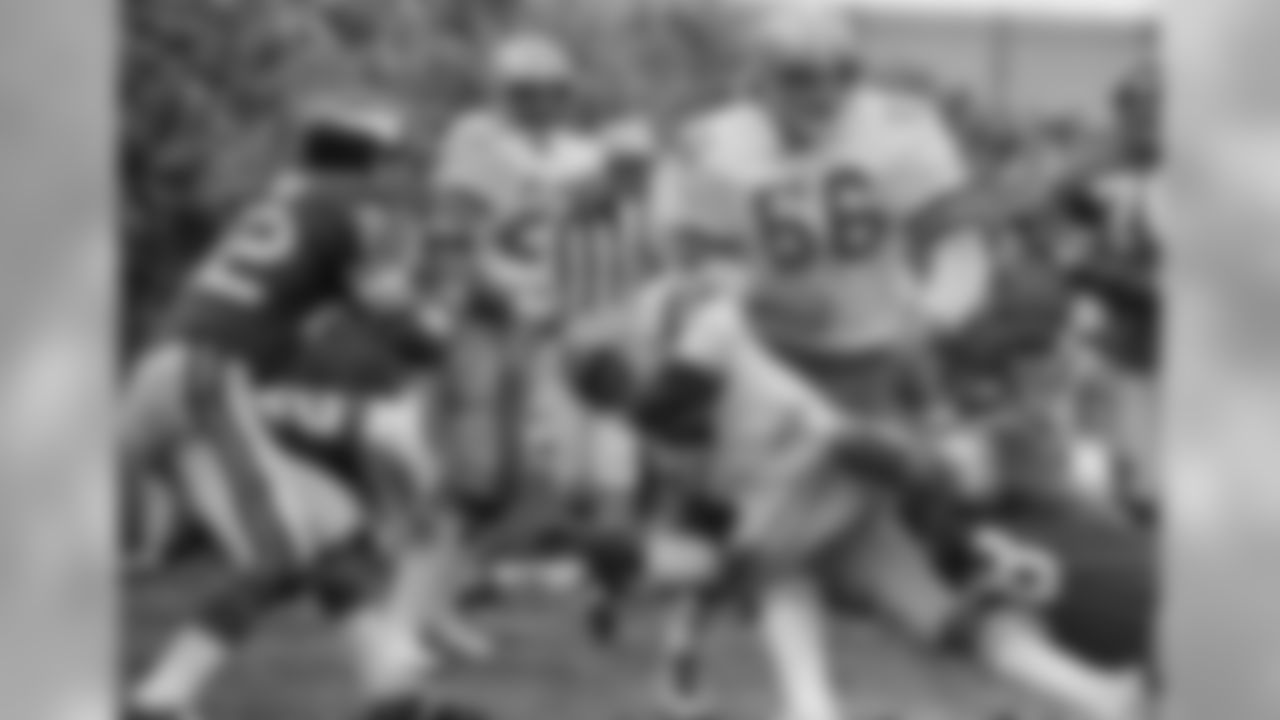


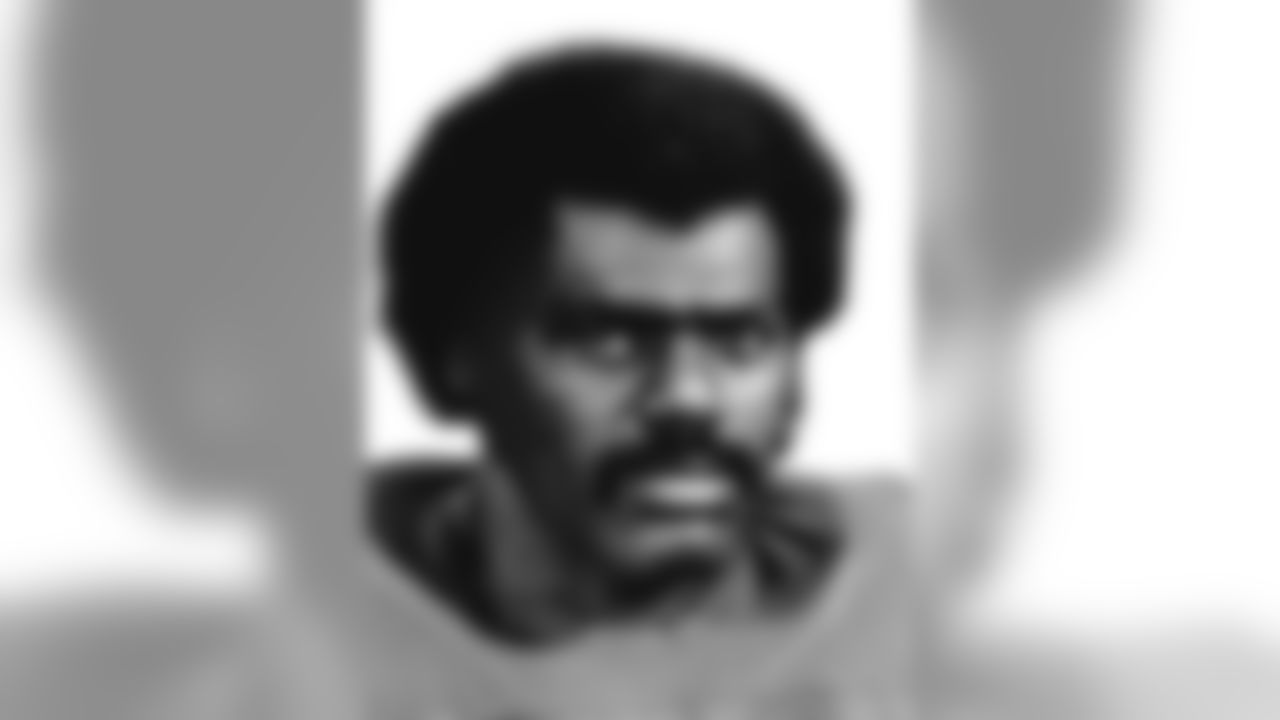
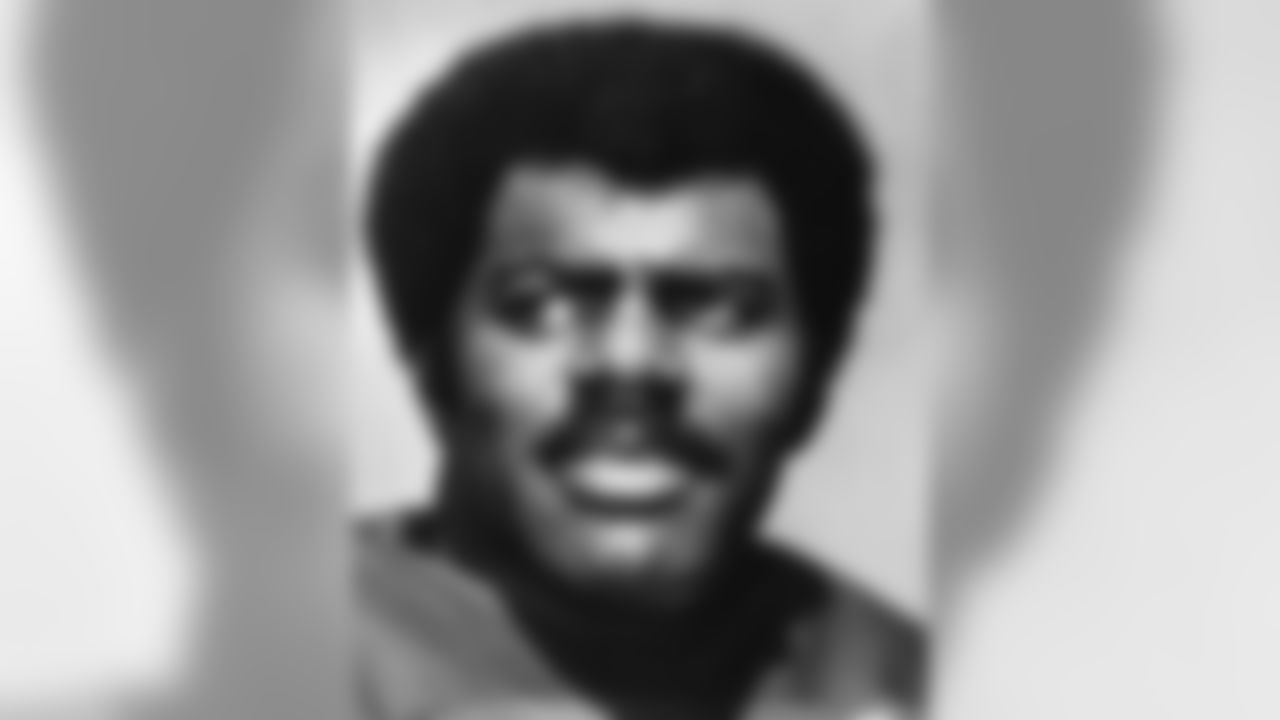







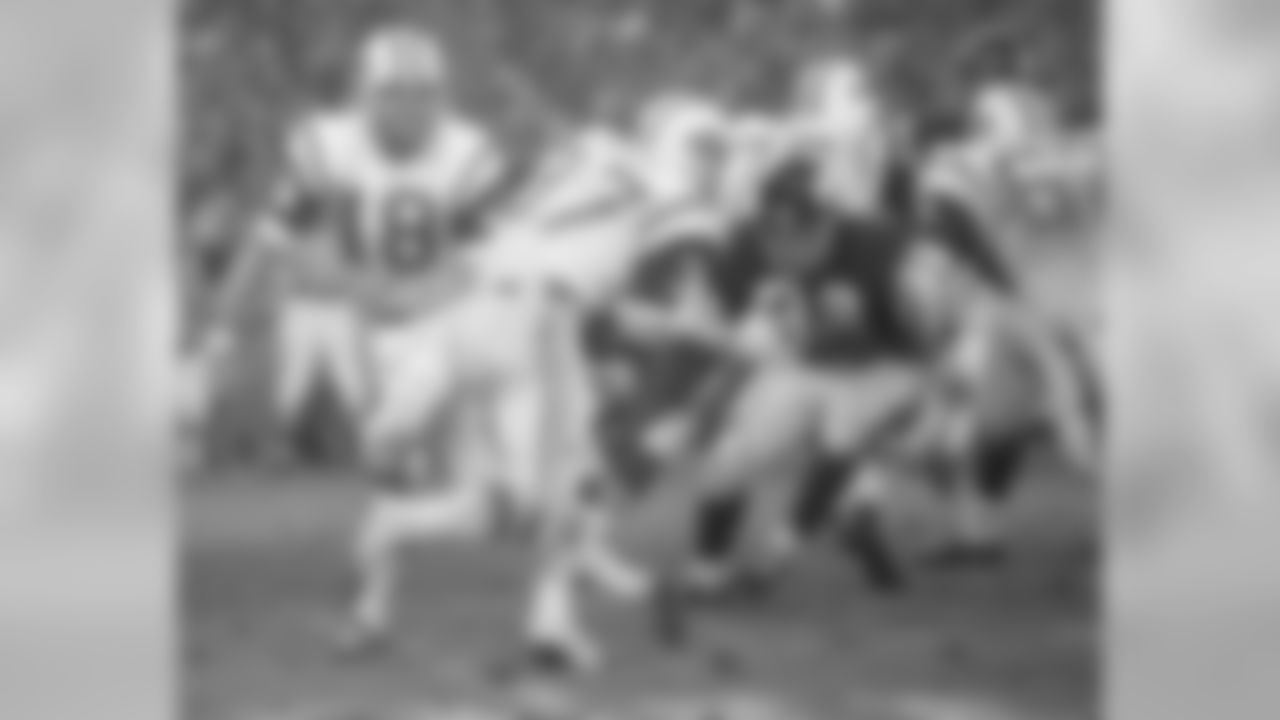
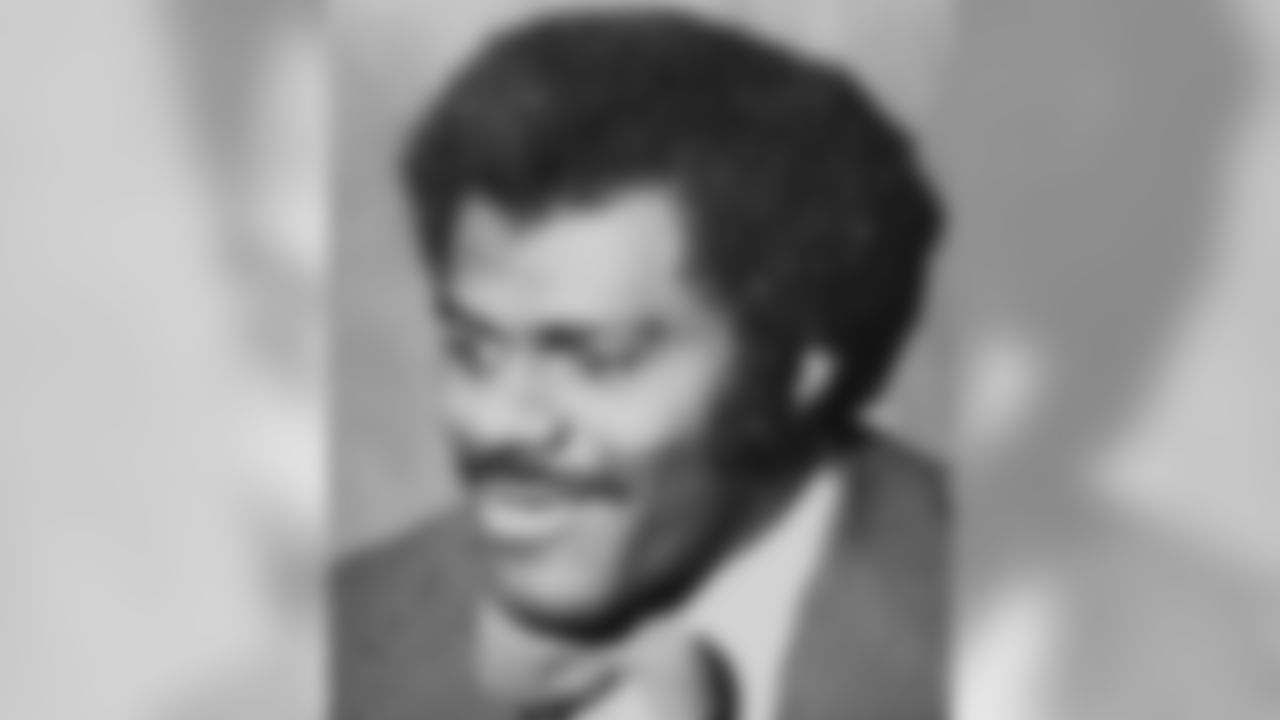





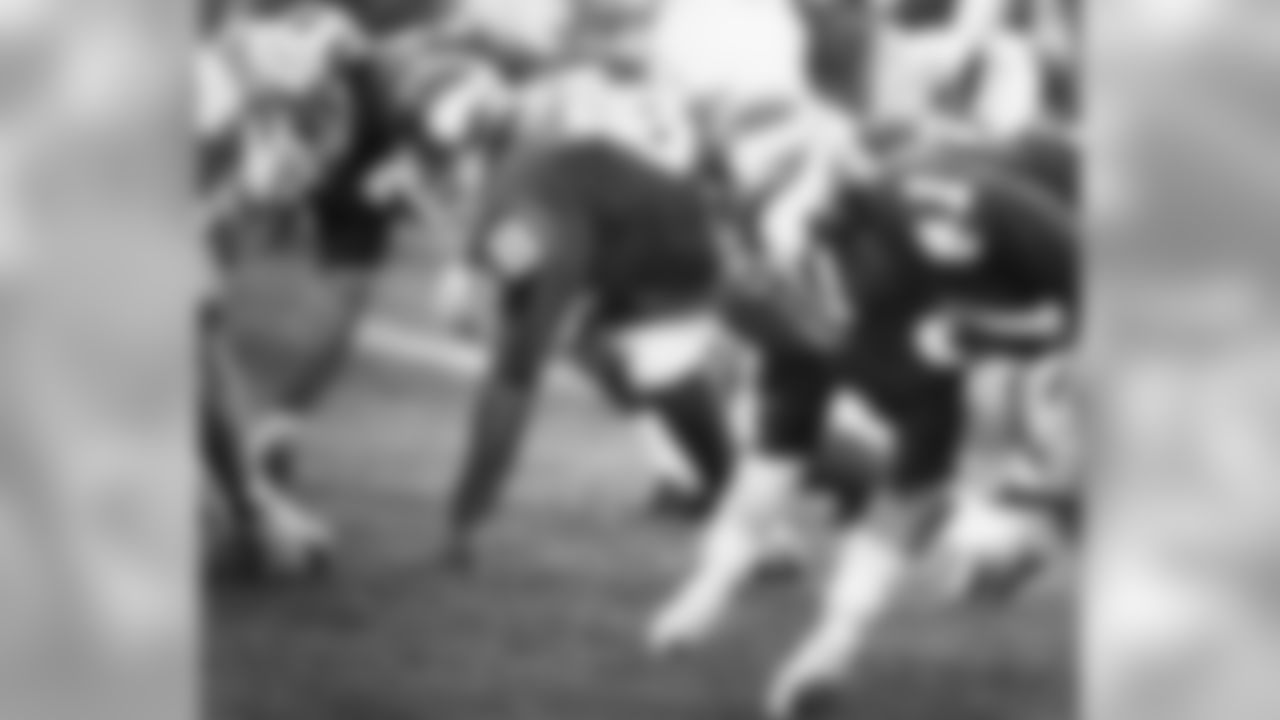

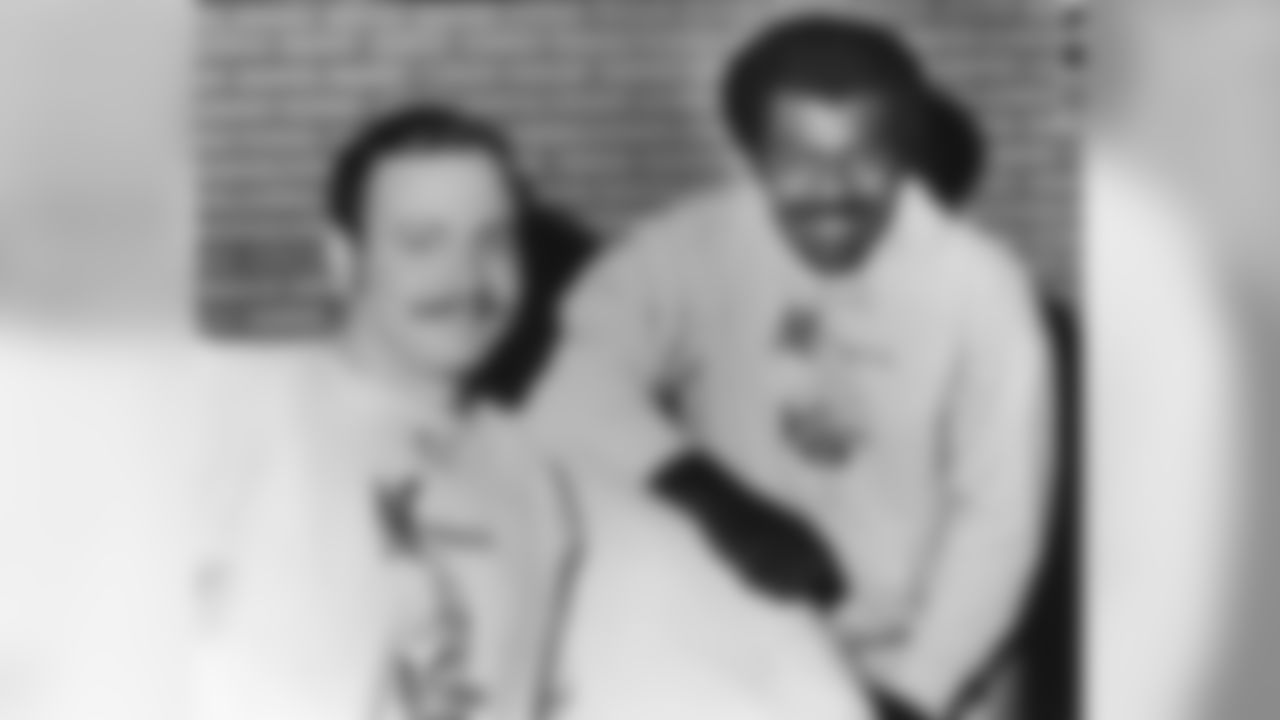








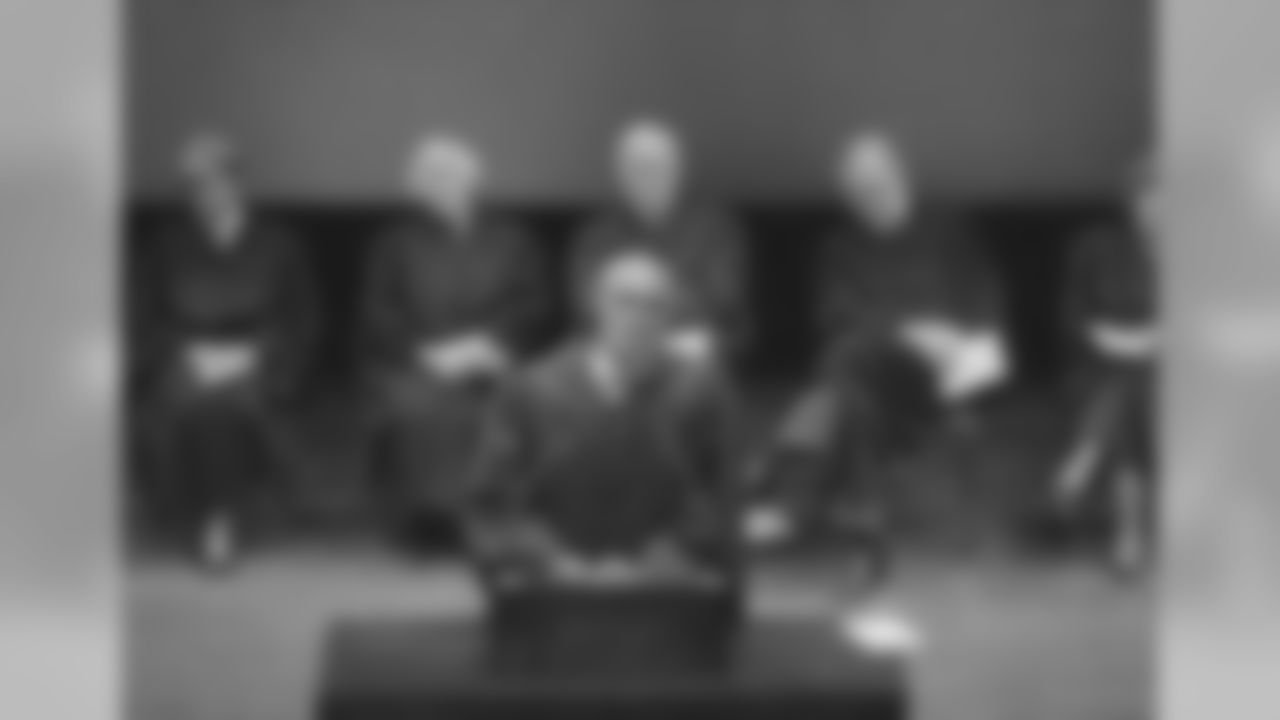



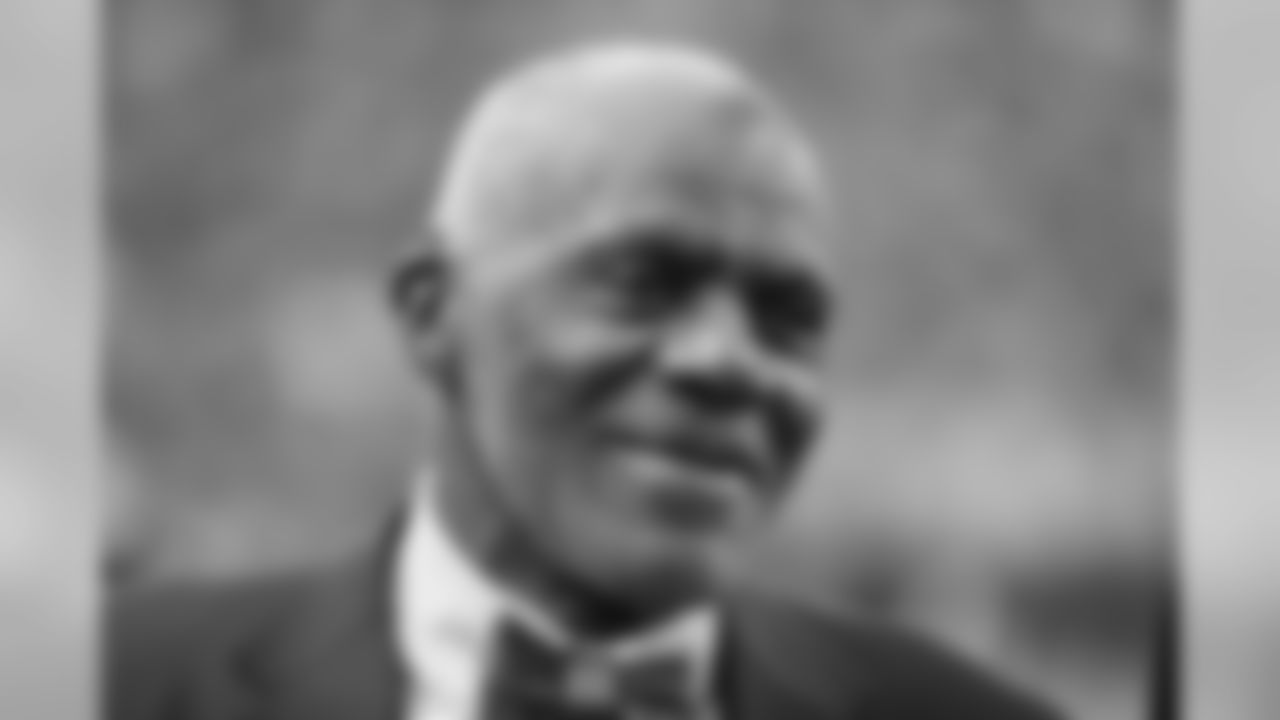







And Page's abilities certainly weren't lost on his teammates and coaches, nor on his peers across the league.
Future Hall of Fame Head Coach Bud Grant spoke to Twin Cities reporters upon the MVP announcement and praised Page, whom the Vikings had selected 15th overall in the 1967 NFL Draft.
"There are people with something extra. They have the facility for turning a game around, even on one play. And if they don't – if they never get that one play – that threat is still there, and you have to respect them for that threat," Grant said. "These kinds of people come around most infrequently and sometimes never."
Vikings Legend Lonnie Warwick told reporters that Page was "the best football player I've ever seen."
"I'm sure I'll never see a better one," Warwick said. "It is impossible for one man to play him."
Division opponents concurred.
"We had a lot of trouble blocking him," Landry recalled. "I can remember one game where we were playing up in Minnesota, and Alan was getting through our left guard, Chuck Walton, and was chasing me all over the field. I remember getting in the huddle and saying, 'Hey, Chuck, can't you do anything to slow down Alan?'
"He said, 'Greg, I can't block him at all. You're on your own today,' " Landry added with a laugh.

Page of course was surrounded by greatness, helping anchor a stout defensive line nicknamed the Purple People Eaters.
For a decade, Jim Marshall, Page, Gary Larsen and Carl Eller struck fear into offenses across the NFL.
Ken Bowman, who played center for the Packers from 1964-73, grew quite familiar with the Purple People Eaters during the latter part of his career.
"Alan and Carl, they were the dominant players, the two of them," Bowman told Vikings.com. "Gary was kind of the mainstay. He was the guy who stayed at home and tried to maintain the offensive line while you let these two very, very quick defensive linemen [along with Marshall] beat up on the people across from them and try to get around them.
"We had a pretty deep club, too, in Green Bay. There weren't too many people we didn't look forward to playing," Bowman continued. "But the reputation of the Purple People Eaters was well-served because that was a tough game. I think most of my fellow Packers on the offensive line would say, you know, that was one of the toughest games for an offensive lineman – to play against that defense."

Ask those who played with or against Page, and they'll tell you that he wasn't the brawniest defensive tackle in the league. He didn't rely on brute force – and he didn't need to.
"Alan was very, very quick. He didn't have overwhelming strength … but he didn't have worry about that, most of the time, because whoever was across from him would take a swipe at him, and that's about as much as they'd get. I think that was his big attribute," Bowman said.
Marshall used the same descriptor for Page.
"Alan was very quick off the ball. A lot of times they called him offsides, and he wasn't offsides. He just went right with the ball," Marshall said. "Being an inside defensive lineman, you're kind of close to the ball, so you can see when [the center's] hand moves. There were several occasions where he was called offsides where he wasn't offsides.
"We of course would protest, but protesting does no good. The official's word is final," he added.

Rosen recalled similar moments in games, when controversial calls seemed to only fuel Page. He noted one particular memory of the Vikings and Lions playing each other in Week 13 of the 1971 season.
"I was always back in the tape room, writing down the highlights of the game and everything from Channel 4. I was just a kid, basically. I was 19," Rosen explained. "They were playing the Lions, and Greg Landry was the quarterback. Page was called for [roughing the passer]."
Page didn't think he deserved the second-quarter flag, Rosen noted.
"So the next two plays, he absolutely destroyed the linemen in front of him," said Rosen of Page, who tackled Landry for a loss of 9 on the following snap. "He was so pissed that he blew off the ball, and I feel sorry for that offensive lineman, because he just saw a blur go right by him. … Poor Greg Landry didn't have a chance."
Asked about that game five decades later, Landry chuckled good-naturedly.
"All I know is that during most of my career, we had trouble playing against him," Landry said. "The Vikings were our nemesis in those early '70s."

Sharing the award with fans
When the Vikings opened the Minnesota Vikings Museum in July 2018, Page's legacy was honored in multiple ways, including the "Frozen in Time" ice columns that encapsulate memorabilia from the six players who have had their Vikings jerseys retired.
Page and his wife Diane willingly lent the bronze MVP trophy to be included in the exhibit.
"Well, having a place for it to be on display … gives other people the opportunity to enjoy it, to see it, to think about it," Page said. "I think it was a great opportunity when the Vikings asked, 'Do you have anything that could go into the display?' Well, what's more symbolic of my relationship with the team than the MVP trophy?"

Leading up to the museum's grand opening, this Minnesota native and Vikings writer had the honor of driving to the Pages' Minneapolis residence to retrieve the trophy. I distinctly remember Diane's gentle instruction to be oh-so-careful with the award; and after Page carried it down the driveway, I buckled that trophy securely into the front seat of my silver 2007 Chevy Cobalt.
The MVP trophy is one of numerous awards and accolades Page has received over the years. All of them, unless otherwise in a museum, are interestingly housed in "The Shrine" … which is a rather unexpected space.
"In our unfinished basement we had a sauna that we never used, and as it turns out, it became a great place to store things, so it's full of trophies. I think Diane nicknamed it 'The Shrine,' " Page laughed. "They're important to have, important to recognize, but it's also important to recognize that it doesn't change who you are.
"I think keeping it all in perspective, at least trying to keep it all in perspective, has been important to me, to allow me to do some of the things that I've done," Page continued. "Recognizing that I'm human, just like everybody else. I have my good points and, while I try to hide them, I also have my bad points. And having been recognized as an MVP, having received the Presidential Medal of Freedom, doesn't change any of that."
Vikings.com in 2018 captured footage of Page touring the Minnesota Vikings Museum for the first time and – along with several family members – viewing his own exhibit that tells the story of a storied football career.

Asked specifically about the MVP trophy, Page called it a "majestic" piece of art.
"It captures, I think, what is great about the game of football. It projects strength, but also, there's a warmth to it. It's not just a cold piece of metal," Page said. "It's quite an honor for me to have been selected. Not something that I ever anticipated or thought about. And to see it here in the museum, it's special. As you know, I'm generally not one to look in the rearview mirror, but as [former Vikings Chief Operating Officer Kevin Warren] said, there are times when it's important to look back."
50 years later, legacy more than football
The thing about recognizing the 50-year anniversary of Page being named NFL MVP is that it also reminds of the countless ways he's impacted those around him outside of football.
Marshall, a lifelong friend of Page's, said the Hall of Famer's legacy in the community is "his expertise, his quest for knowledge."
Interestingly, the connection between Marshall and Page began long before the latter was drafted out of Notre Dame.
Marshall attended high school in Columbus, Ohio, and went on to star at Ohio State before being drafted by Cleveland in 1960 – a year before the Vikings played their inaugural season. He recounted meeting Twyla and Marvel Page, Alan's older sisters, through mutual friends in Canton.
"I had a habit of going down to the school union hall and playing Bid Whist or whatever the card games were. His sisters kept telling me, 'We've got a little brother that might be playing with you one day.' His name was always brought up," Marshall said. "I had a chance to see one of his [highlight reels] in a championship game, and I saw how quick he was and how he had this instinct that drew him to the ball. Wherever the ball was, he was there.
"It was just a wonderful thing when I found out he was drafted by the Minnesota Vikings. I offered to go and pick him up. But I think it was declined. They said I drove too fast," Marshall quipped.

Page, in a sense, was – and is – a benefactor to all. Whether through giving back as an NFL athlete, working to better society as an associate judge or support young people through his Page Education Foundation, he's never stopped making a difference.
Page pursued his law degree while still playing in the NFL, later going on to serve on the Minnesota Supreme Court from 1993 until he reached the court's mandatory retirement age of 70 in 2015.
"He'd study his law books on road trips," Rosen said. "He knew football was a means to an end. He approached football the way that he eventually approached his law career – he was going to dissect it, he was going to do everything right by the book, and he was going to be ready.
"He never wanted to be rubber-stamped, identified, as 'Alan Page the Football Player,' " Rosen added.
Bowman and Page may have been adversaries on game day, but they developed a level of camaraderie outside of it. The two served as union representatives together for the NFL Players Association and were part of heading a players' strike that lasted two months prior to the 1974 season.
Bowman also studied law, pursuing and achieving his degree a few years before Page.
"We spoke a little bit about it – I think he was going to law school at that time [we were in the union]. I'd like to tell you that I gave him the impetus to become an attorney, but I didn't. But I didn't talk him out of it, either," Bowman said, laughing. "It's been a good profession for me, and it was a great profession for him. He was a star at it. He was just as big of star on the football field, though.
"He was a good football player, and he was a smart man. I remember him pondering whether or not he was going to go to law school," Bowman said. "The kids nowadays with their million-dollar contracts, they don't have to look at post-football careers. But back then, the average salary was probably 50- to 100-thousand dollars, and that might get you through one year, but it isn't going to set you up for life."

Look throughout Minnesota and even the country, and you'll find entire generations of people familiar with Page and his accomplishments, whether in the NFL or as a Supreme Court Justice.
His legacy is truly undeniable. In many ways, Page is the MVP of much more than one NFL season.
"I'm so honored to call him my friend for all these years," Rosen said. "[For someone] who's stayed in this community and made the kind of impact that Alan Page has made … man, he's shown the way for a lot of people."
Fifty years after winning such a prestigious award, Page simply isn't focused on the recognition.
"I leave that for others. Because that's not why I was out there," he says matter-of-factly. "I was out there to play, to win, to perform, to be as good as I could be and, from a personal standpoint, I have a sense of how well I accomplished all that. But what that means and how that is used by others, I will let them have the last word."
Page is simply true to who he's always been: contemplative and intentional, gentle and caring but certainly assertive when necessary. Those who know Page understand he doesn't waste words and isn't quick to react.
He's a true Minnesotan, enjoying walks around the lake even on the most frigid of days and tapping trees Up North for maple syrup. More than anything else, he deeply misses the love of his life, Diane, who passed away in October 2018 after courageously battling cancer.

In fact, the year 1971 represents much more to Page than a bronze figurine and flashy football stats.
"That was the year I met and fell head-over-heels in love with Diane," he told me via email.
Maybe she was the secret behind your success that season?
"I would go beyond 'maybe,' " Page wrote, "And say 'certainly.' "







